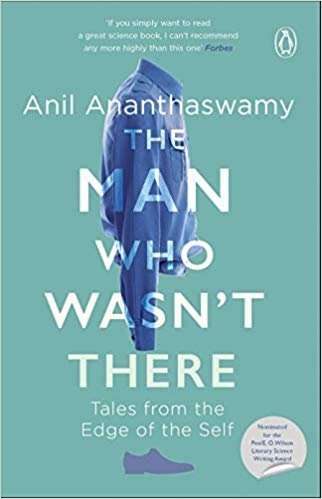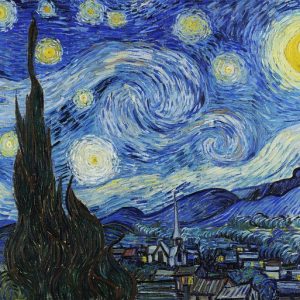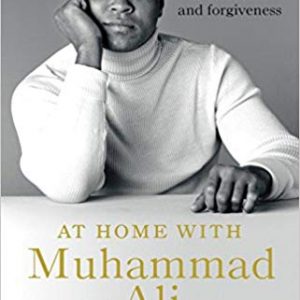
What is the ‘self’? It’s a simple question really. But, the answer is not that easy, or apparent. The Man Who Wasn’t There takes a journey down the annals of science to bring out stories where people have experienced a loss of self or an altered sense of self. A lot of this is published research. But, there is plenty of first-hand information that comes from the author’s personal interactions with medical and mental health professionals as well as philosophers.
Each chapter talks about a different experience, citing case studies and supportive research. Some of the conditions described in the book include Cotard’s Syndrome (the belief that one is dead), Alzheimer’s (that clearly takes away the essence of who you are), Body Integrity Identity Disorder (where the person desires to ampute a part of the body), schizophrenia (and how it is related to a disturbance in the sense of self), depersonalization (a sense of detachment or of being adrift), autism, out-of-body experiences, and so on.
Many a times, as a particular disease progresses, clinicians observe other symptoms that point to an erosion of the sense of self. For example, patients with Alzheimer’s may often not remember being diagnosed with the condition. This may set off a tangent of new problems. They wonder why they are being prohibited from activities such as driving for example. The loss of autonomy affects the sense of self.
Reading these various case studies could be a very heart-wrenching experience. It will set the readers thinking on what identity and the self actually mean to them.
Ananthaswamy also highlights a lot of supporting research in the book. I found many of these examples quite fascinating and also very touching, some of them painful as well. Consider this- an elderly woman bound by the wheelchair, diagnosed with Alzheimer’s, who could not speak or dress herself, would still ensure that her bib did not cover her pearl necklace! These very human stories look at what the loss of self can do to a person and to the family. A helpless wife, driving an incontinent husband to a care home; a daughter visiting her father at a centre for Alzheimer’s trying to restore his sense of self; all these touching stories play out in the book.
A BIID patient where the sufferer got his leg amputed wilfully is also very poignant. I can understand the author’s predicament when he writes, “Each time I have felt fear and sadness. Here was a perfectly healthy man, with a perfectly healthy leg, yet he went under the knife voluntarily, in a foreign country. He trusted a surgical team that worked under the cloak of deception. How much must a man suffer to come to this?”
One can sense empathy towards the ‘cases’ mentioned in the book. As a reader you will also understand how the brain can be easily fooled as well as how simple it is to manipulate the body. Ananthaswamy has travelled widely and conducted first-hand research on the subject. He has met up with medical experts and patients, family members and friends, often in different places all over the world. The touch of authenticity and personal involvement that this gives to the book is invaluable and supreme.
The Man Who Wasn’t There will be of special interest to students and practitioners of psychology, neurology, medicine and philosophy, but above all, those who aspire to understand a bit more about human nature and the sense of self. The book opens up a new dimension to the self- how fragile it is, yet how robust it could be, and the paradox of it all!
Title: The Man Who Wasn’t There
Author: Anil Ananthaswamy
Publisher: Penguin books
Genre: Science
Also by Anil Ananthaswamy:









